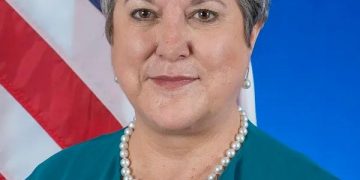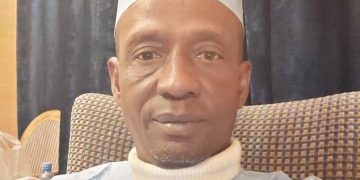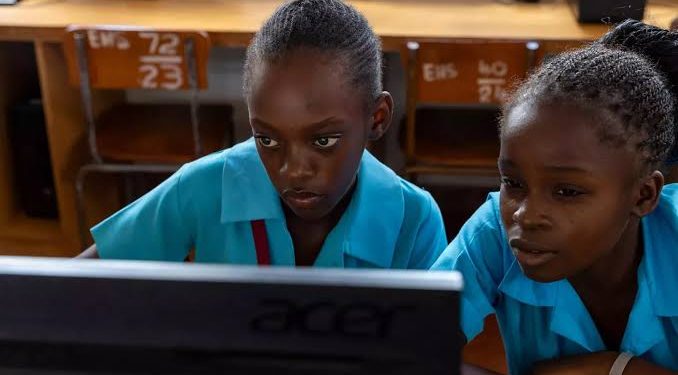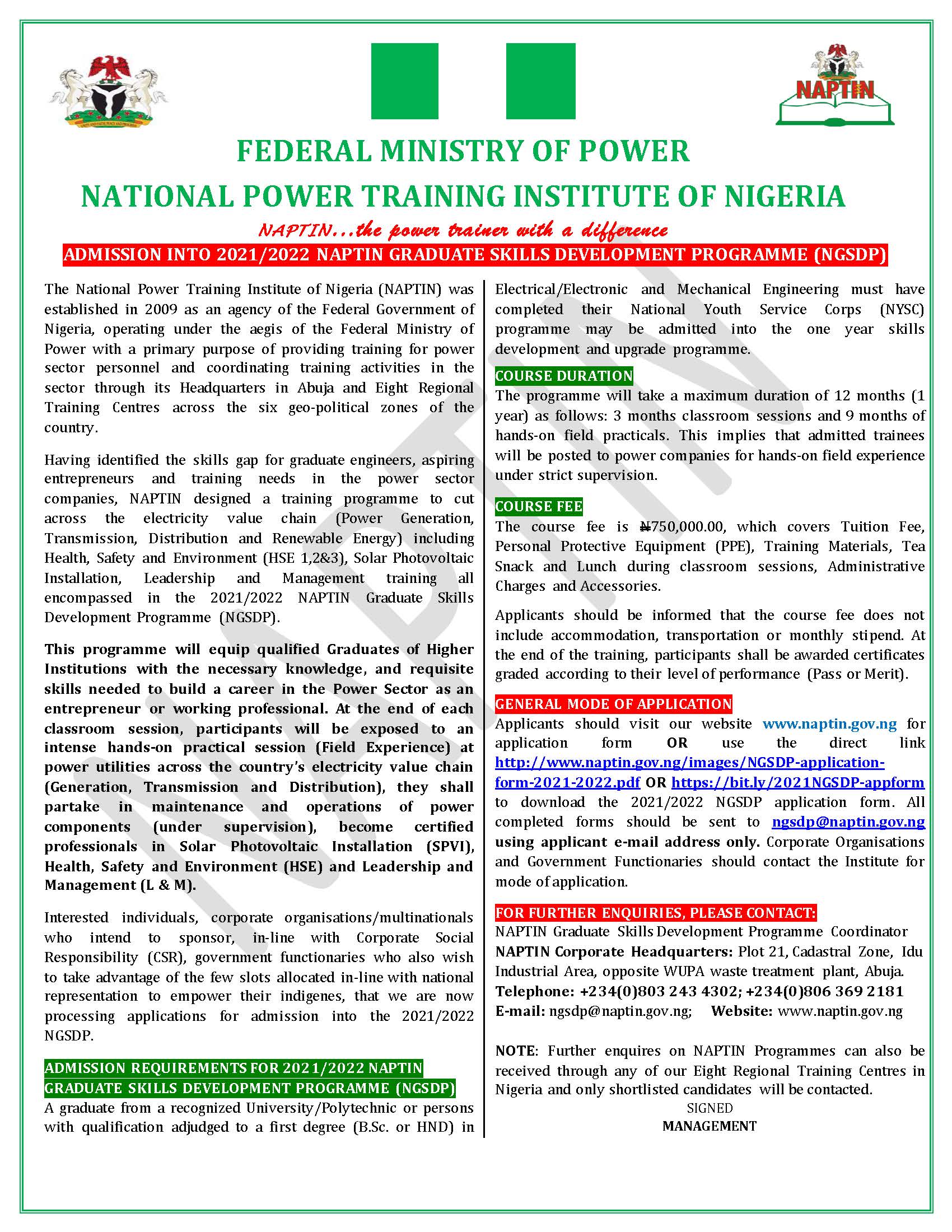The federal ministry of education on Thursday reaffirmed its unwavering commitment to upholding the integrity of national examinations, while updating the public on the recently resolved technical issue affecting the 2025 West African Senior School Certificate Examination (WASSCE) results.
According to a statement from the ministry, the issue arose during post-release processing, particularly in subjects where paper serialization had been introduced as part of exam security measures by the West African Examinations Council (WAEC) but was promptly addressed following a full briefing of the minister of education, Dr. Maruf Olatunji Alausa.
Signed by Boriowo Folasade, who is the director of press and public relations in the federal ministry of education, the statement said that “the ministry commends the West African Examinations Council (WAEC) for its swift response, transparency, and professionalism in resolving the glitch. Updated results will be accessible via the result checker portal within the next 24 hours.”
“The ministry also appreciates the patience of affected candidates and assures the public of its continued pursuit of fairness and credibility in assessment processes,” it further read, adding that”this development reinforces the minister’s broader education reform agenda, which prioritizes examination integrity across all bodies under the ministry’s supervision, particularly WAEC and the National Examinations Council (NECO).”
In line with this, both bodies are set to commence a phased rollout of computer-based testing (CBT), beginning with objective components in November 2026.
The adoption of CBT by them represents a critical step toward curbing malpractice, preventing question leakages, and restoring public trust in the examination system. It is also regarded as a necessary reform to ensure that Nigerian students are assessed strictly based on merit and that their certificates retain credibility, both locally and internationally.
Alausa further emphasized that safeguarding the integrity of examinations is not optional but essential. Upholding high standards, he said, protects the future of “our” young people and sustains Nigeria’s global reputation for academic excellence.
‘The ministry remains committed to working with WAEC, NECO, and all stakeholders to deliver an assessment system that reflects the true ability of Nigerian students and strengthens public confidence in the nation’s education framework,” he concluded.















































